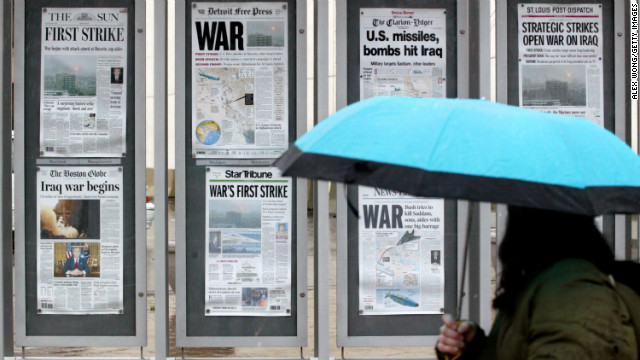
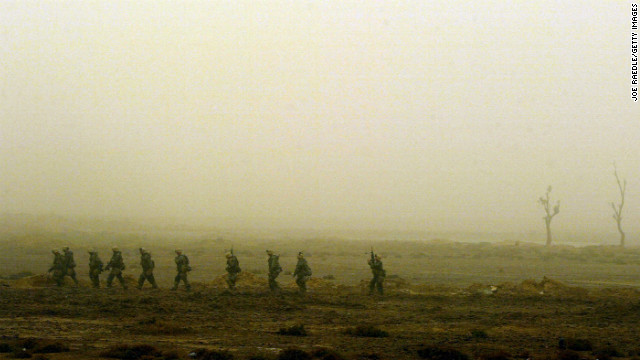
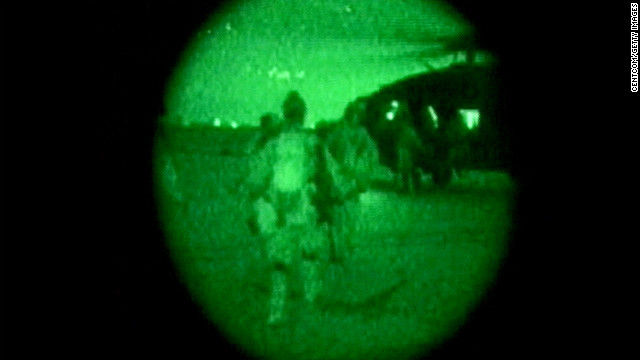
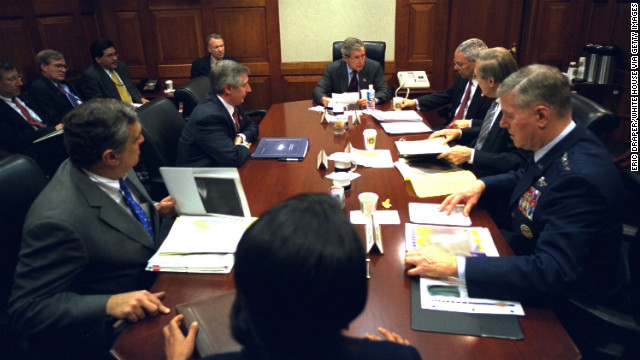
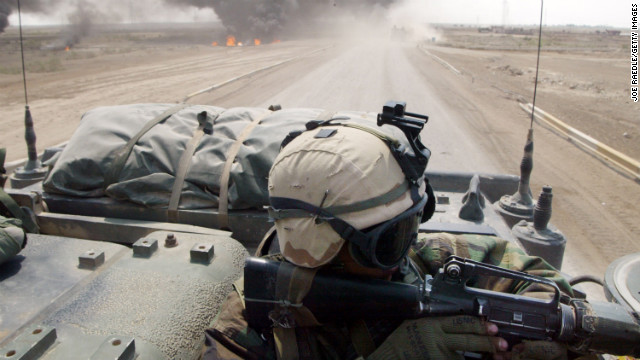
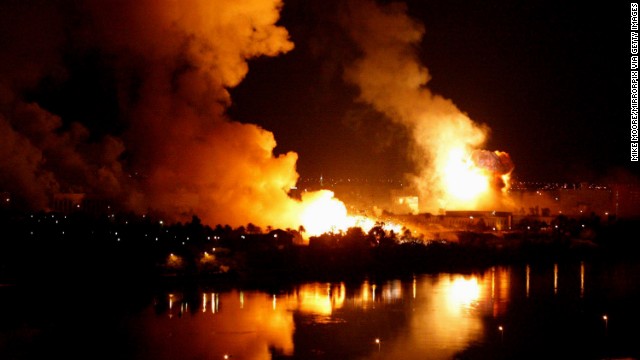
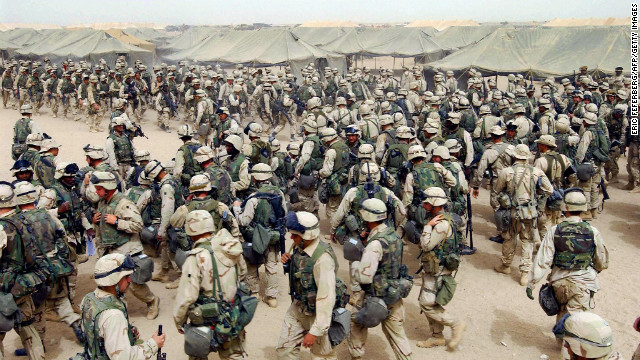
Editor's note: Ten years ago the war in Iraq
began. This week we focus on the people involved in the war, and the
lives that changed forever. Michael Mansfield led the Legal Action
Against War protest group in 2003. He is the author of "Memoirs of a Radical Lawyer."
(CNN) -- Ten years ago I was one of a small number
of UK lawyers who opposed the invasion of Iraq on the grounds that it
was illegal and unauthorised by the United Nations. We were all strong
advocates of the notion that the rule of law was the bedrock of any
civilised and democratic society. Without it our lives would be subject
to a free for all in which might becomes right.
The embodiment of the
rule of law internationally has been the U.N. Charter and the Universal
Declaration of Human Rights -- direct results of the devastation
inflicted by the Nazi regime in Germany during the Second World War. No
one wanted a repeat of such flagrant aggression, so the Charter was
drawn up to replace gunboat diplomacy with peaceful measures overseen by
the U.N. Security Council.
This was not a new vision. In 1945 the U.N. Charter was ratified by the
U.S., the UK, and the majority of the 50 states who had originally
agreed to this framework. Thrashed out by experts and with massive
support behind it, the document was no maverick, outlandish or oddball
agreement. The Charter is not gobbledygook -- it is full of common
sense, and it should be obligatory reading in every school.
OPINION: Why Iraq War was fought for oil
Article 1 makes clear
that the main purpose of the U.N. is to "maintain international peace
and security and to that end to take effective collective measures for
the prevention and removal of threats to the peace" and to act in
accordance with justice and the principles of international law.
It is for the U.N. to
determine what collective measures should be taken -- not for individual
states to take unilateral or bilateral action. This is not rocket
science, but the simple application of restraint and respect for the
rules that Britain and America agreed to when they signed the Charter.
But this is not what
happened 10 years ago at the behest of U.S. President George W. Bush and
British Prime Minister Tony Blair. Their agenda was quite different --
to remove a dictator, Saddam Hussein, whose regime was abhorrent.
MORE: Iraq's Baby Noor: An unfinished miracle
But regime change,
however desirable, is not permitted by the Charter. If it were, the
powerful nations could go round the world picking off the weak -- or
more particularly the states thought to be hostile to their own
ambitions.
In case some politicians
found it difficult to understand all this, Article 2(4) spelled it out
in unequivocal terms: "All Members shall refrain in their international
relations from the threat or use of force against the territorial
integrity or political independence of any state".
Everyone recognised
there might have to be exceptions to this rule, but the Charter
specifically does not authorize preemptive nor preventative action(i.e.
getting in first) on the basis of a perceived future threat.
INTERACTIVE: How has the war changed you?
The only way around this
predicament was for the Bush-Blair axis to fabricate a case of threat.
This they did by the knowing manipulation of flawed intelligence about
the existence of weapons of mass destruction in Iraq (which were never
found), and the bogus claim that Saddam Hussein could deploy such WMD
within a 45-minute window.
This argument, which was
false, became the main basis for invasion because the only other route
to war had been closed off by international law. The U.N. has the power
to authorise military intervention once all other options have been
exhausted and the peace and stability of a region is in jeopardy. At the
time it became a debate about whether Iraq satisfied these criteria by
its failure to abide by U.N. resolutions concerning disarmament.
The principal Security
Council resolution 1441, adopted in November 2002, called on Iraq to
disarm its WMD and cooperate with U.N. weapons inspectors. The Council
made clear they continued to be in charge but had not authorised the use
of force in Iraq.
EXCLUSIVE: Hans Blix on 'terrible mistake' in Iraq
Tony Blair insisted to
the British public that he would only support a war if a second Security
Council resolution authorising the action was passed, but the
resolution never came. Bush and Blair realised they would never get one,
and so they prepared to go it alone with a cobbled together coalition.
Troops had already been committed on the ground. There was no going
back.
This was why Bush and
Blair were not prepared to allow the weapons inspectors, who were in
Iraq, any more time. Inspectors had found no evidence of WMD in the
lead-up to the war and never did, but were ordered to go home.
I am not alone in these
views. There is a substantial consensus of international legal opinion
which recognises the illegality of the invasion. Kofi Annan, then the
U.N. Secretary General, told the BBC in 2004 that the Charter had been
breached and that the invasion was not sanctioned by the Security
Council.
FULL COVERAGE: The Iraq War, 10 years on
In the UK we are still
waiting for the results of a public inquiry into the circumstances in
which the decision to go to war was taken. Blair never wanted this
inquiry but was forced by the power of the victims' families and public
opinion to accede. So far two years have gone by while the government
has obstructed disclosure and publication. It is intolerable and
inexcusable.
I believe George W. Bush and Tony Blair should be tried for war crimes as defined by international law.
In 1998 the
International Criminal Court was established to deal with individuals
who commit international crimes. Four transgressions were agreed -- war
crimes, crimes against humanity, genocide, and the crime of aggression.
Unfortunately only the first three have been brought into effect. The
UK, to their credit, signed up to the court. But the U.S. did not, lest
its leaders end up accused of crimes before the court.
ARWA DAMON: Iraq suffocates in cloak of sorrow
Whilst the act of
aggression cannot be prosecuted, war crimes committed thereafter can be.
So for example to launch an attack, like the invasion of Iraq, with the
knowledge that its effect is likely to cause incidental death or injury
to civilians or the natural environment (Article 8) will render the
perpetrator liable to prosecution. The use of cluster bombs and depleted
uranium in Iraq by coalition forces (euphemistically called collateral
damage) upon vulnerable civilians falls within this definition. As a
result, a legal consortium of which I was a part, and other groups in
Europe, petitioned the ICC for action against UK politicians over their
involvement in the war. Nothing has happened.
Getting U.S leaders
hauled before the court is even more problematic -- the Security Council
could refer Americans to the court, but the U.S. is a permanent Council
member and can veto any potential referral.
Alternatively individual
member states could incorporate these crimes of universal jurisdiction
into their own domestic law. Then if a U.S. perpetrator of war crimes
travelled into that country's jurisdiction, they could be arrested.
MORE: Did Iraq give birth to the Arab Spring?
The UK has such a
provision, but when put to the test by UK citizens seeking arrest
warrants in relation to the planned visits of Israeli political and
military leaders -- who were potentially responsible for war crimes in
Gaza -- the UK government reprehensibly placed impediments in the way of
its future use. So George W. Bush can safely plan a visit for tea with
Tony Blair in London without fear of prosecution in the UK.
The whole episode
regarding the Iraq War is a tawdry tale that has subverted the rule of
law and tarnished the reputation of international law.
Without accountability
for Western states, how can we expect the rest of world to respect these
principles? It is time for Bush and Blair to be thoroughly,
independently and judicially investigated for the crimes I suggest have
been committed and it is time for the crime of aggression to come into
force.
Until this is redressed, la lotta continua!
The opinions expressed in this opinion piece are solely those of Michael Mansfield
 9:57 PM
9:57 PM
 specialshowtoday
specialshowtoday

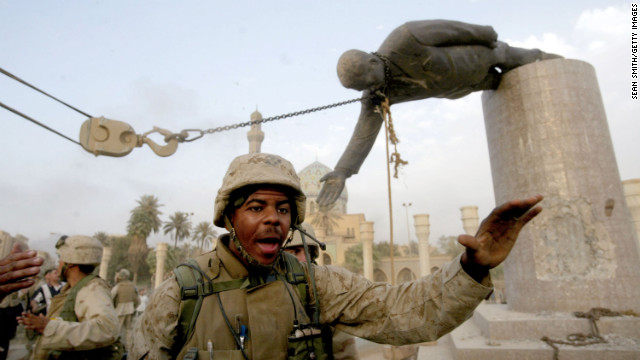
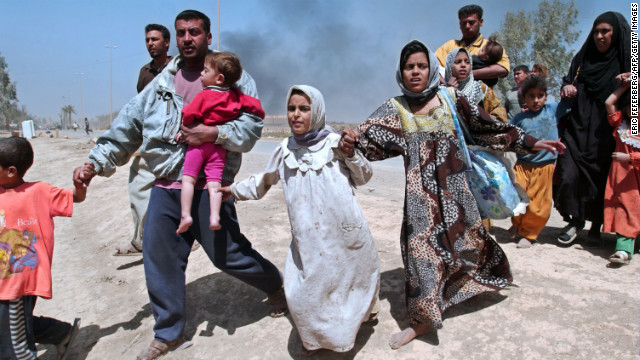
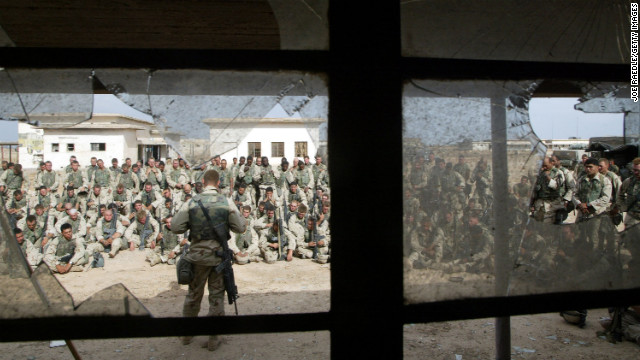
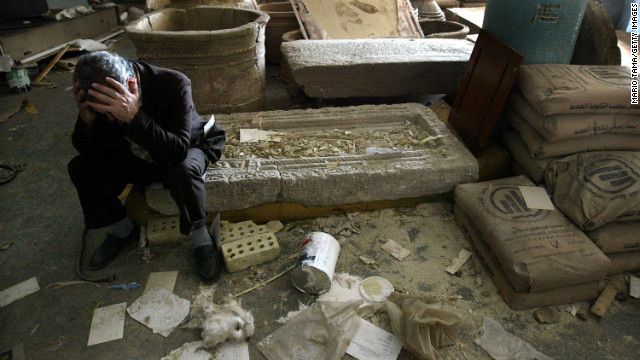
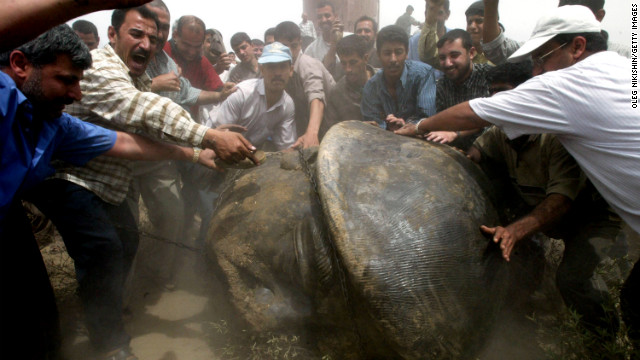
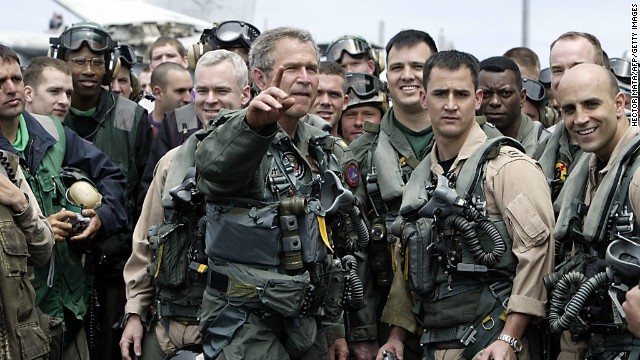
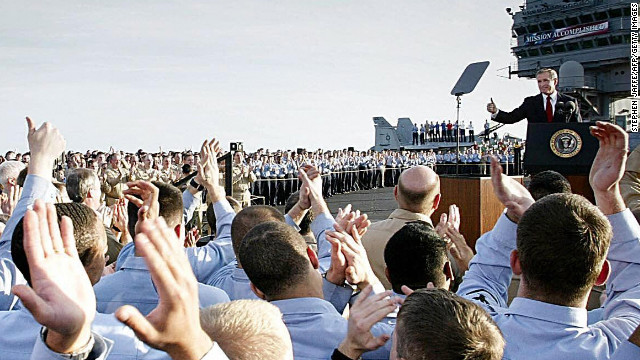
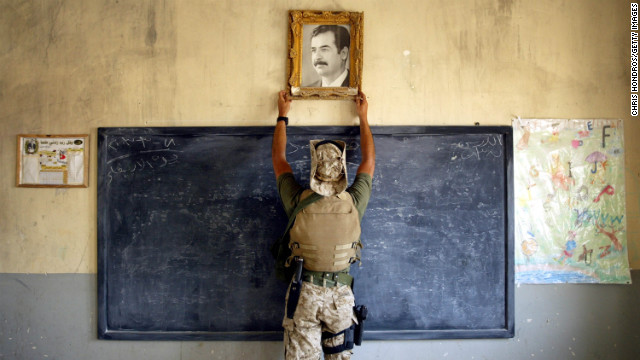
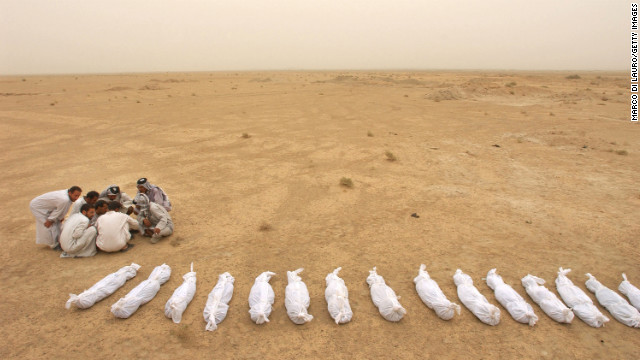
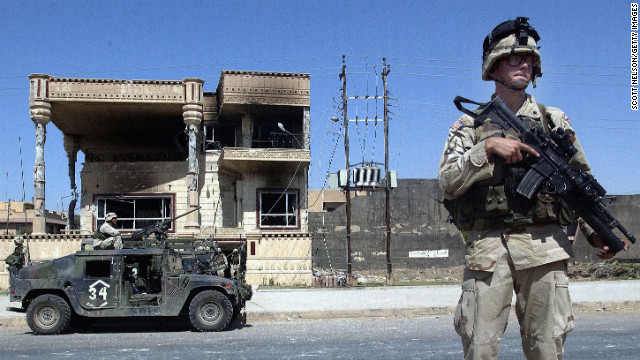
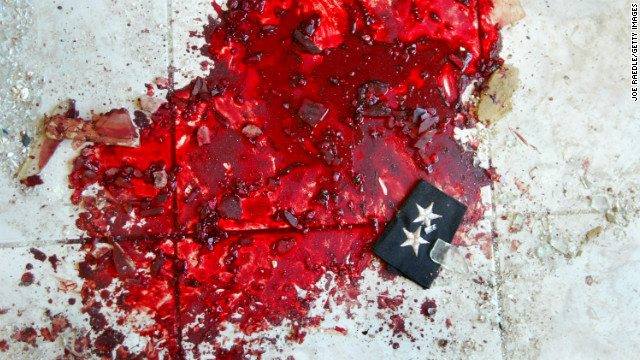
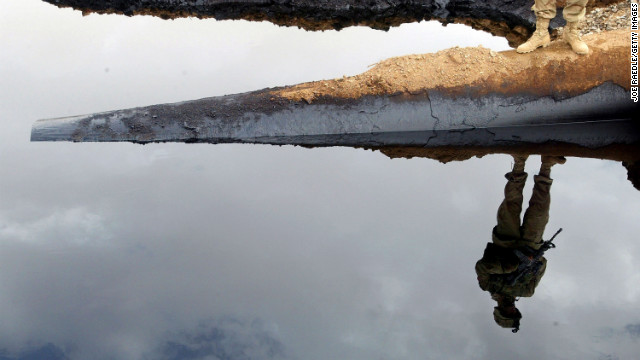
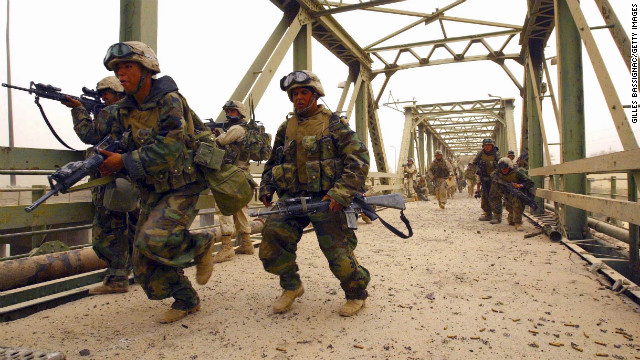
 Posted in:
Posted in: 

0 comments:
Post a Comment